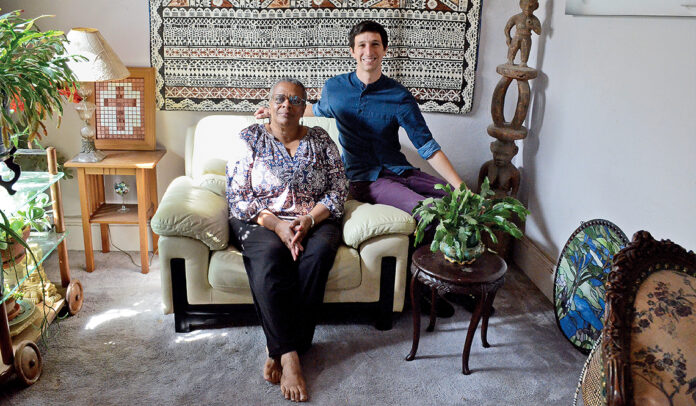By Sarah Treleaven Jan 23, 2019
The numbers are persuasive. According to the Joint Center for Housing Studies at Harvard University, America’s population is rapidly aging. The JCHS estimates that between 2015 and 2035, the number of people over the age of 75 who are living alone will nearly double, from 6.9 million to 13.4 million. “Pair [those numbers] with the fact that 90 percent of people over 45 say they want to age in their homes and communities,” says Marcus. “It’s a question of how we’re going to take care of our parents and grandparents as they age and make sure they have options and can choose to live independently if they want to.”
Many seniors in cities with tight housing markets, on the other hand, end up living alone with spare bedrooms they don’t use. According to one estimate, there are 5 million empty bedrooms in Ontario alone, and about 40 percent of those belong to seniors. Through senior-student matching programs, students pay affordable rents, often hundreds of dollars below market averages, in return for spending roughly five hours a week helping out around the house, whether that’s walking pets, picking up groceries, or shoveling a front walk during one of New York City’s or Toronto’s predictably lousy winters.
Both young people and senior citizens report higher rates of social alienation and loneliness—a phenomenon frequently referred to as an epidemic. One 2017 study found that the number of Americans who report having no close friends has tripled since 1985, and the millennial cohort reported the steepest declines.
Source: https://www.curbed.com/2019/1/23/18192963/nesterly-home-share-program-elderly-university-students




